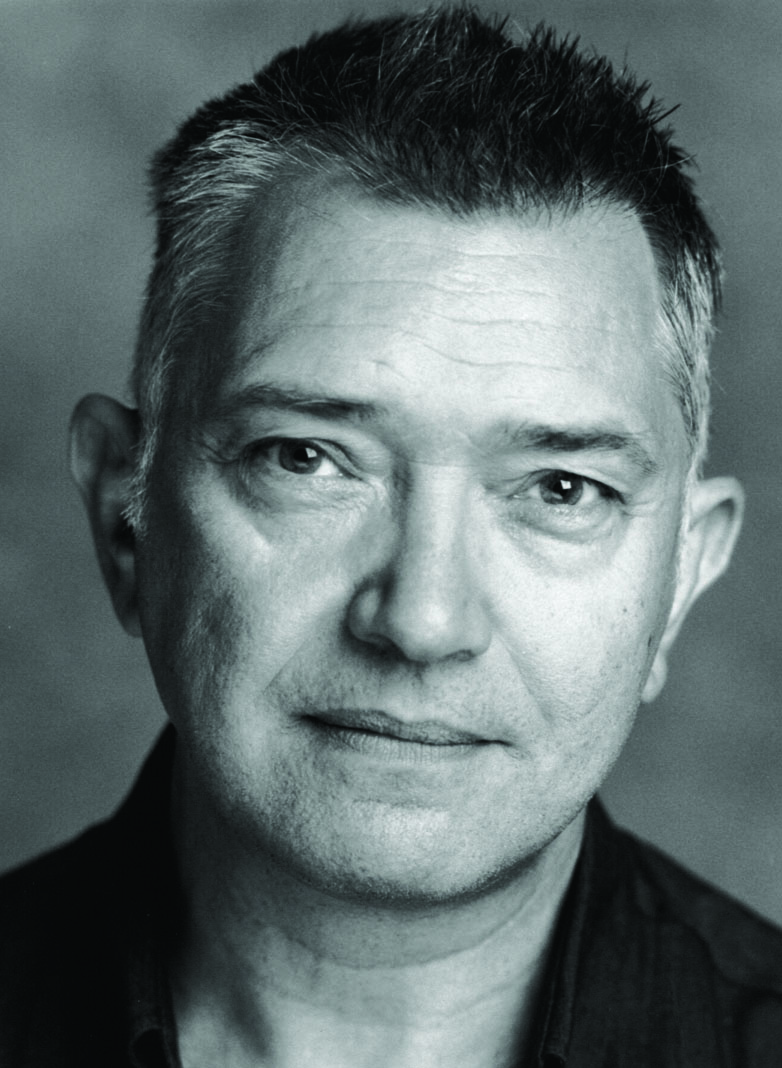 MARTIN SHAW is one of our most popular actors, known most recently for his TV title roles in Judge John Deed and Inspector George Gently. He now returns to the stage, appearing in Gore Vidal’s political drama The Best Man which is currently on tour. He talks about his role and why theatre is like football . . .
MARTIN SHAW is one of our most popular actors, known most recently for his TV title roles in Judge John Deed and Inspector George Gently. He now returns to the stage, appearing in Gore Vidal’s political drama The Best Man which is currently on tour. He talks about his role and why theatre is like football . . .
What’s your new play, The Best Man, about?
It’s a thrilling drama about the morality of politics. And it’s a love story. It’s set in 1960 at a presidential convention, where the nominees are chosen for the party’s presidential candidate. It’s down to two front runners who idealistically, morally and in every sense are polar opposites. One of them will do absolutely anything to win and the other will cling on to the moral view of things. It raises all the issues people wonder about when it comes to politics, but with a lot of human interest. I think it’s a magnificent piece of work.
Who do you play?
I play William Russell. He is a very honest, moral man, who’s been very successful in government and was previously Secretary of State. But he’s different to most politicians in that he has a very clear moral compass. He’s also somewhat mistrusted because he is extremely intelligent. At one point, due to severe strain when he was in government, he had a nervous breakdown. His opponent, played by the wonderful American actor Jeff Fahey, tries to use this against him. William is given the opportunity to fight back using some really nasty alleged sexual conduct. The play explores that conflict around how far you would go to get elected.
Gore Vidal wrote the play in 1960. Is it still relevant to today’s world?
It’s totally relevant. There will be resonances for people because of the controversy with Trump, of course, but there will always be that relevance. If you examine Elizabethan politics, it’s exactly the same. Politics has always had this element in it. Politicians will always reach a point where they have to ask if the ends justify the means. That’s always the big moral dilemma they have to face.
The play was adapted into an Oscar-nominated film. What does seeing it on stage bring to the experience?
When you see it in the theatre, you are part of it. You are in the arena with the participants. It’s the same watching the cup final on TV or in the stadium. When you watch a football match on TV it’s great, but you’re only watching a small part of the pitch. You can’t see the movements that are being made. You can’t see the defence moving up. You can’t see the midfielders positioning themselves. And you don’t get the atmosphere. There is no substitute for being there live.
The cast is packed with fantastic actors. Have you worked with any of them before?
Jeff Fahey is a really lovely man and we developed a great friendship on another show, Twelve Angry Men. And Gemma Jones is an old friend. We first worked together in 1967, I think. Her brother Nick has been my best friend for 46 years. I knew Jack Shepherd when we were at the Royal Court together in the 60s. It is nice to have old comrades to talk about the old days with. It’s also very exciting to be in a company with such brilliant players in the supporting roles. We have got a truly brilliant company here.
The show is directed by rising star Simon Evans. How have you found working with him?
He is just an inspiring director. There are very few directors where you feel in totally safe hands, but he’s one. He will make a slight suggestion and it opens up a door into a whole suite of rooms of ideas. That’s what a director should do, but it’s a quality that’s incredibly rare.
Are you a fan of touring?
The great thing about touring is that you perform the play for a lot of different audiences and in many different spaces. I think it’s essential and a very important part of the job, not only to make sure that the work is well oiled and very well practiced, but also to give people who don’t live in London the opportunity to see it.
It was always done in the old days. It was important because there was very little television. Actors who wanted to be known had to get out and make themselves known. It’s not necessary from a professional point of view these days, but from the point of view of one’s responsibility to the wider public it is very important
What motivates you to keep performing?
I love it. It’s as simple as that. I like having a few months off, being at home and living in the country, but after a while there’s a restlessness, an itch, and I’ve got to create. I’ll do a bit of carpentry, a bit of sculpting, but there’s nothing to beat doing something that you know you do really well. After 54 year in the business, I know that I can do this well. It is where my satisfaction lies.

